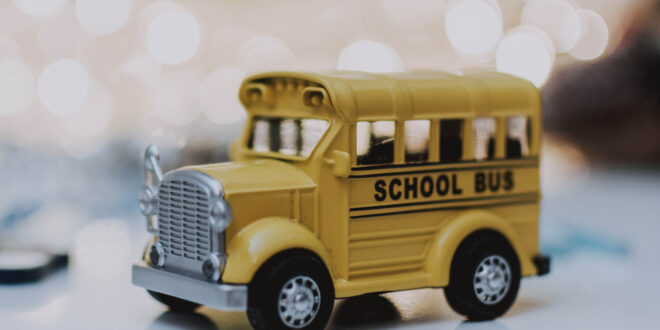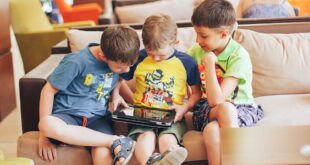What I Notice about today’s Children | By Carylinn Edmonds
It is 3.30pm on a Wednesday afternoon and here I am enjoying a peaceful journey onboard a public transport bus, destination – the city of Christchurch. The bus stops for more passengers, most of whom seem to be schoolchildren. Peace is shattered as a wacky noise now invades the bus and the passengers scramble onboard. The children are quite uninhibited as they squeeze into any available space, chattering all the while.
Surrounded now by an energy hum from these children, I feel invisible and somewhat bemused by the dress code and conversations I am party to. Shrinking down in my seat, I relax, ready to enjoy what could be an interesting cocktail of youth today. Just then, my eyes make contact with another pair of twinkling eyes and I realise my cover has been sprung. Chuckling, I nod my head in acknowledgement.
What I am seeing around me now supports this. For instance, hairstyles of bleached and coloured hair combined with nose, ear and body piercing, are normal. These combine with other styles of jewellery, worn with the many variations of what I assume is the mode for school uniform. The girls wear ankle-length skirts and are on average, taller and bigger built than their male equals. The boys wear trousers that just seem to balance on their much smaller hip area. I have a silent chuckle wondering just how they manage to move without their pants falling down.
Looking around me, I become aware a good few of the children now have mobile phones out. They are busy multi-tasking, using one hand to text message while carrying on the chatter with their mates. What I am observing is the same confidence I have seen in many children, when given the opportunity to access the software available these days.
Noticeable and quite relevant to these times is just how easily children adapt to advancing technology. This is a normal part of evolution. Sadly, this technology is responsible for introducing our children to the fears and horrors of our world, scenarios involving aids, drugs and violence frighten many at a young age. Yet some take the attitude it is normal.
Our beautiful children have to learn to cope with loss and trauma without adequate support from Whanau and extended family. “At what cost”, I ask myself, “are we as adults yet to learn what we have denied our children, in the haste to move them through childhood at such a fast rate?” The basic skills, such as problem solving, respect, and love for self and others are not obtainable from computer software.
An interesting extract from an article titled “Today’s Children” explains.
Many of the children entering this new millennium are facing life issues that were unspeakable to us adults while growing up. Death related tragedies such as suicide and homicide, and non-death traumas, such as divorce and separation, foster care and abandonment, bullying and terrorism, abuse and violence have left these children alone in their homes. They become unfocused and unmotivated in their classrooms, and terrorized in the communities.
They are overwhelmed with their feelings and distracted by their thoughts. Surviving these traumas creates for any child a loss of their assumptive world of safety.
My personal observation is of a developing generation of children who should naturally assume their world to be a safe, compassionate place, as they attempt to answer the many questions about who they are and their reason for being here. More often than not, this is not happening, as in many cases children find themselves isolated and frightened without a caregiver for guidance.
Today it seems any child who displays a lack of coping skills, or other behavioural problems are usually diagnosed as suffering an ADD, ADHD disorder, or the multitude of other labels given.
In many cases, the child suffers trauma from within the family or extended family home or school. Alienated from support they tend to act out their fear in the same way seen on TV, electronic games, playground, or in the home.
We have an urgent responsibility to reawaken our children’s birthright to expect a safe, loving, supportive and non-judgemental environment, in which to grow.
Children today are all beautiful evolving souls. Each child is different, but collectively all are our future and we will need their global support in order to survive. Take time to listen to their fears, guide them with dignity towards the care of self and others, regardless of age or culture.









Join the Discussion
Type out your comment here:
You must be logged in to post a comment.